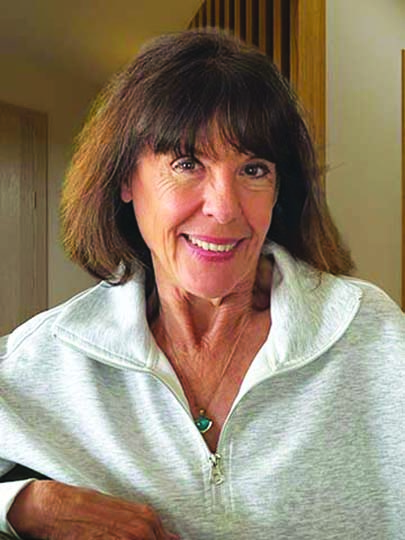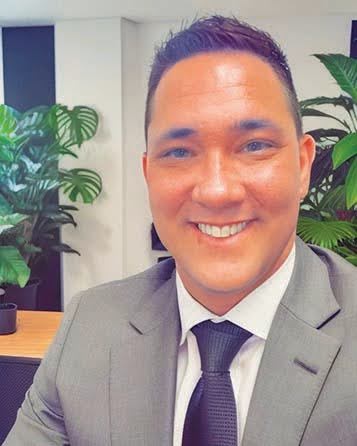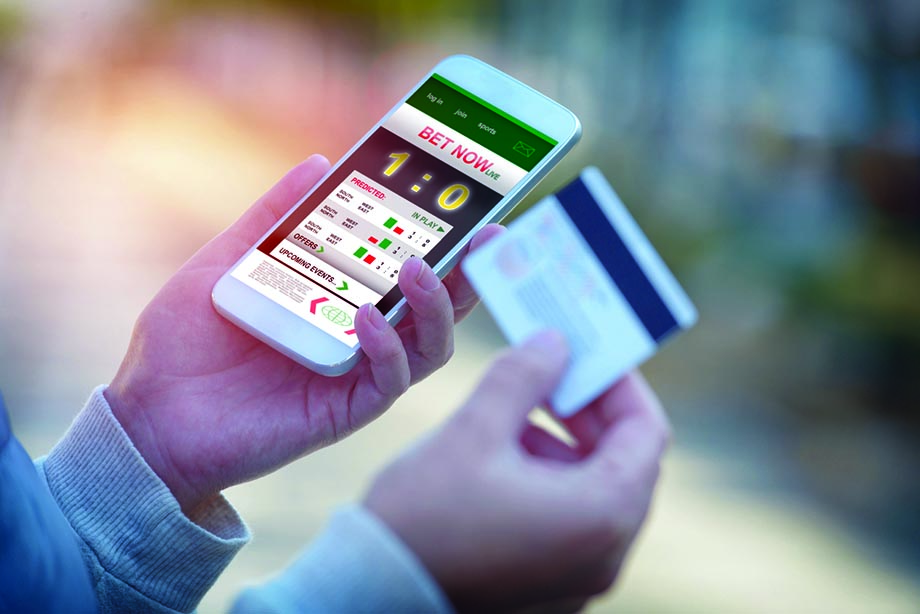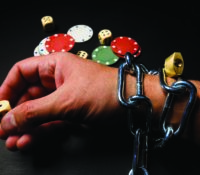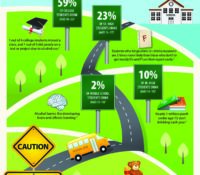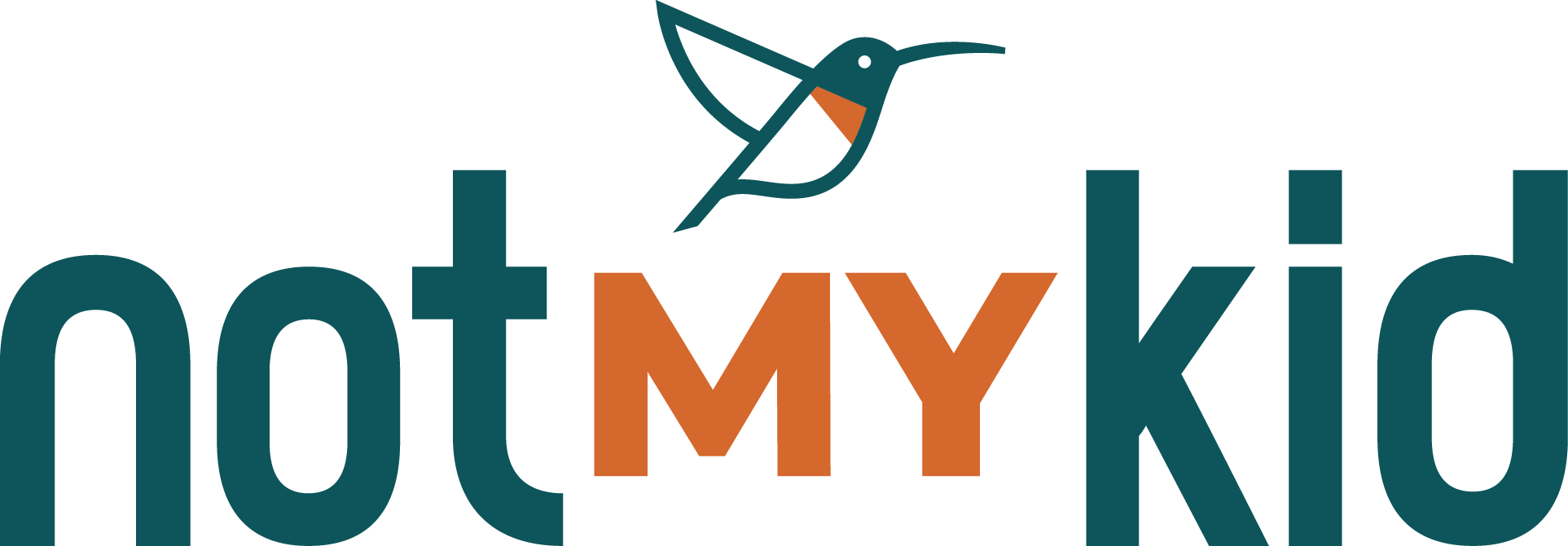“While some people may try sports betting apps with a few bucks here or there, the reality is there will be those whose lives are ruined. This isn’t just a game.”
From our ever-present mobile phones, anyone can increase their emotional and financial engagement with any game or match, but also be exposed to alarming risks. If you’ve scrolled social media feeds or tuned in to watch on game day, you’ve probably been inundated with promos for “risk-free” and “no-brainer” betting opportunities on online sportsbooks. The ads position sports gambling as a fun, easy way to engage with the game and socialize with your friends, not unlike the fantasy football league you’re in. More and more Americans are flocking toward legal sports betting options.
The American Gambling Association reported that 76% of the recent Super Bowl bettors said it was important to use a legal, regulated sportsbook to place their wagers, an increase from last year, up 11 percent. It is estimated 31.4 million people in the US alone wagered close $7.61 billion on this year’s game.
While some may try sports betting apps with a few bucks here or there, the reality is there will be those whose lives will be ruined. This isn’t just a game. It has serious, real-life consequences for millions of Americans.
Below, Maureen Michaels of Compass Recovery shares her thoughts on why we need to be informed on this latest gambling trend. —Barbara Nicholson-Brown
With the legalization of sports book apps have you seen an increase in calls for help?
In Arizona, Pam Koopman, Executive Director of the Arizona Council on Compulsive Gambling reports a slight increase in calls from the gambler and/or family member since September. It’s worth noting the calls have increased from the gambler whereas, prior to September 2021, most calls were from concerned family members. This could be due to a problem gambler realizing quicker there might be a problem due to an increased access to gambling.
I believe it’s too early for any hard data in Arizona as sports betting has only been legal for five months. However, New Jersey was the first state to legalize sports betting in June 2018, after the Federal Ban was lifted in May 2018. These stats are from the Council on Compulsive Gambling of New Jersey.
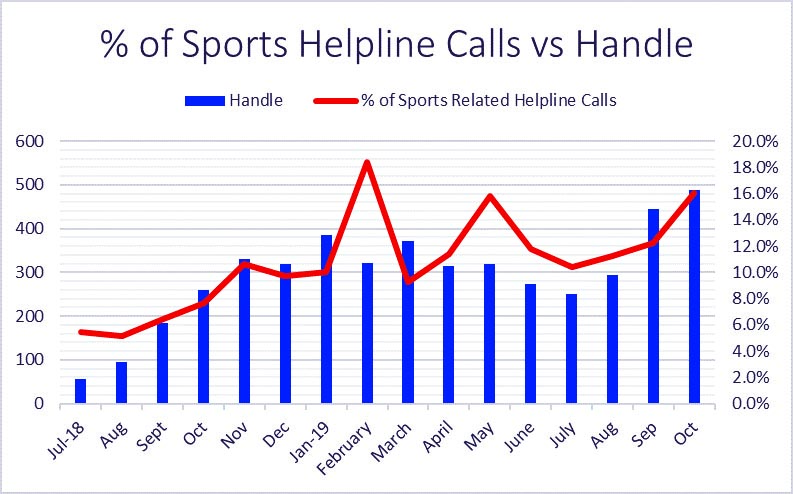
Helpline calls where sports gambling was referenced as the primary issue PRIOR to 2018 legalization ranged from 1% – 5% per year. Calls received on the 800-GAMBLER Helpline, since June 2018 where sports gambling is a PRIMARY issue jumped to 10.8% of all helpline calls for period ending October 31st, 2019. In addition, the Councils treatment providers have reported that over 50% of their practice is treatment geared toward those who are struggling with sports gambling related issues. I believe the trend will be the same for Arizona in due time.
People can self exclude at casinos, but what about on these apps? Are there any measures in place to prevent compulsive gambling?
The Department of Gaming, Division of Problem Gambling has a self-exclusion program and have added a form for “Event wagering and Fantasy Sports.” One can access forms to self-exclude at Self Exclusion | Problem Gambling (https://problemgambling.az.gov/treatment-counseling/self-ban)
Currently there are a few apps that can block gambling sites. Gamban.com and Gamblock.com. They can be effective if installed on all electronics a person uses to gamble. The downside is that new betting apps are being created all of the time, so there is potential some sites will get past the blocking software. Also, if the person with the gambling problem truly wants to gamble they can just use an electronic device that does not have the software on it. I have had clients who buy a phone just to gamble with to attempt to hide it from family.
Do you think the apps are enticing gambling as a fun past time?
Absolutely! The sports betting apps are offering “free” money to place a bet. They are also using verbiage like “risk free betting” and “free money”. For a person that does not have a gambling problem this could be appropriate, however for a person that meets the criteria for problem gambling these advertising tactics are very dangerous.
How easy do you think it would be for someone to get in deeper debt or financial trouble gambling this way?
It is very easy because a person would have access to betting from anywhere. They can access sites from their phone, tablet or computer. I believe this will affect our young adults and possibly teenagers at the same rate as adults.
Arizona casinos now offer live craps and other games that were previously played in Las Vegas. Do you see that as an additional concern?
In my opinion, every addition to casino games has the potential to increase chances a person can cross the line into problem gambling. The national average for people that meet the criteria for gambling disorder is 2-4% of the population. If Arizona has the same percentage, it means 143,400 to 286,800 Arizona residents meet the criteria for gambling disorder. I believe the National average and Arizona average will increase over the next few years with the addition to games in casinos and the ease of access to place bets on any electronic device.
If someone is concerned about a gambler in their life what are some recommendations on getting help?
For family members, they can also call hotlines mentioned below to find support. There is a 12 step program for family and friends called Gam-Anon. Home (gam-anon.org) Gam-Anon 718-352-1671
In Arizona, all the Arizona Council on Compulsive Gambling at 800-777-7207. The hotline for the Arizona Council on Compulsive Gambling can aid a caller in finding 12 step meetings as well as finding treatment options.Another Arizona help line number is 800-NEXT-STEP.
National helpline 1-800-522-4700. The national number can be used for a voice call or text message. National Suicide Prevention Lifeline: 1-800-273-TALK

Maureen “Mo” Michael MS LPC is the Executive Director of Compass Recovery Center in Prescott, AZ. She obtained her undergraduate and master’s degree in professional counseling and is currently pursuing her PhD in Performance Psychology at Grand Canyon University. Mo is a licensed therapist and has been working with patients and families that have been affected by problem gambling for over 14 years. Mo has dedicated the last 10 years to bridging the gap and increasing services for those affected by gambling disorder in the treatment industry and criminal justice system.
Visit www.compassrecoverycenters.com for more information. Email [email protected] or call 928-863-8703

